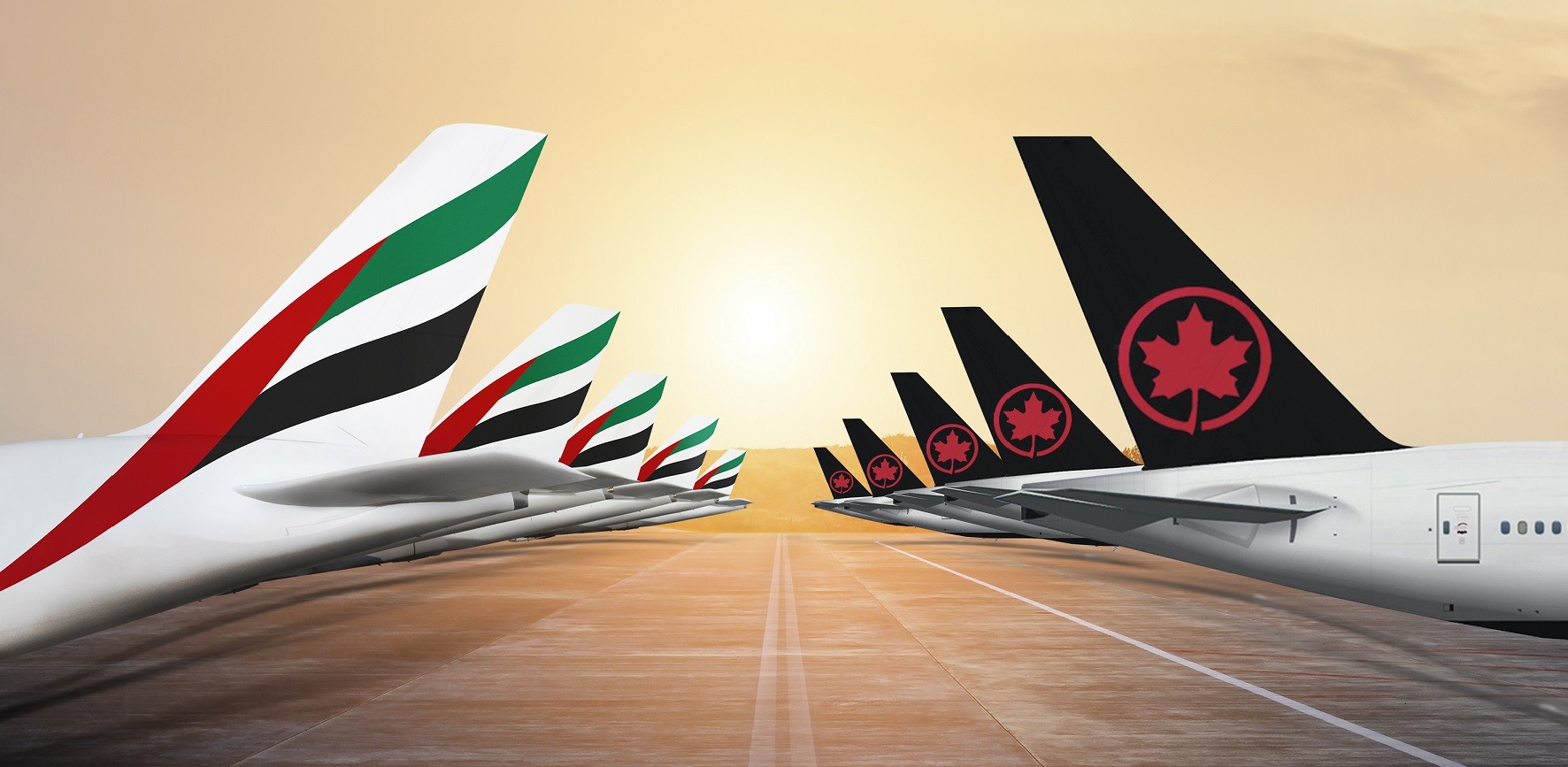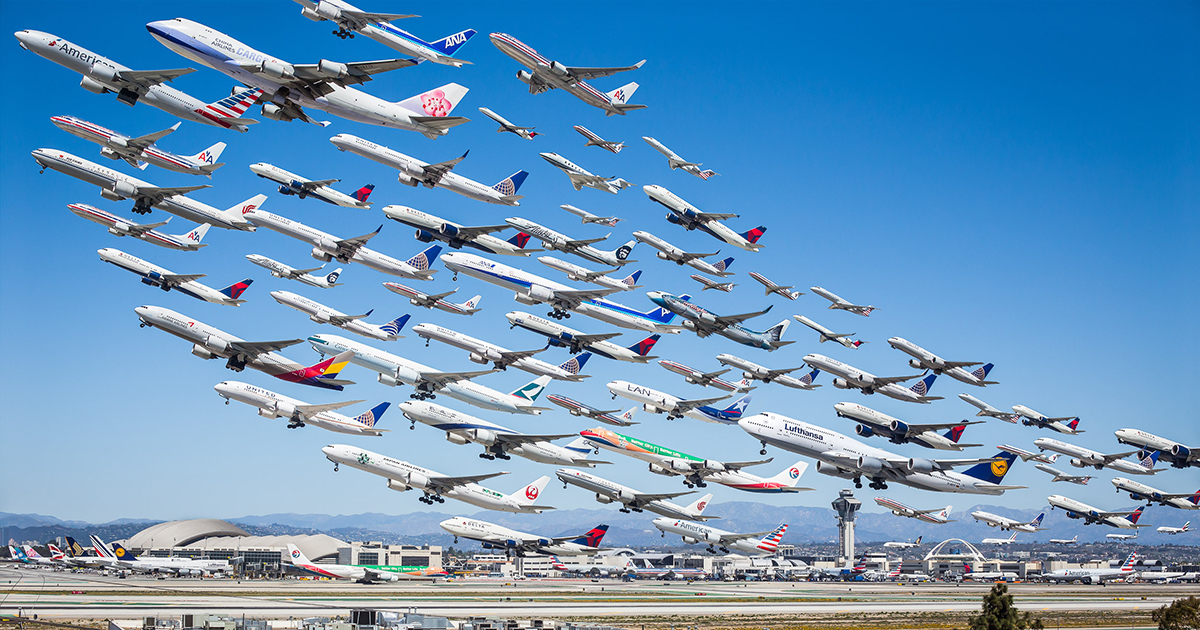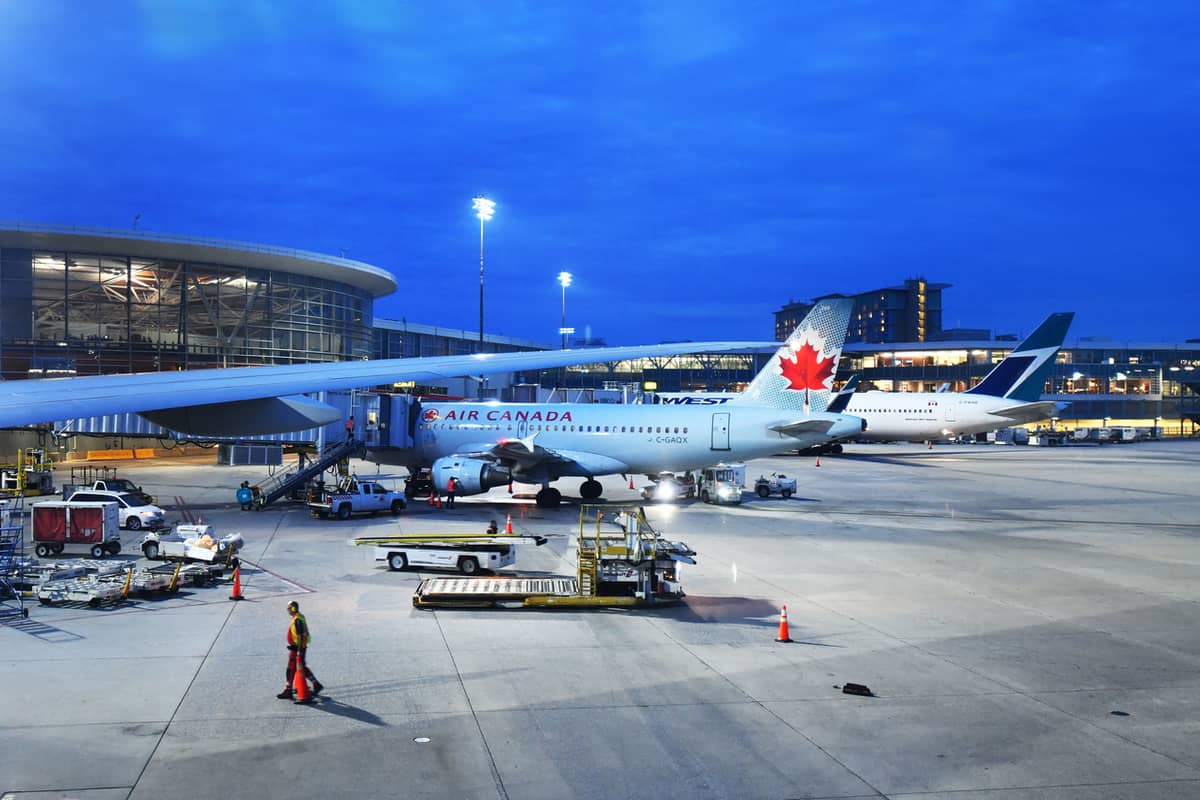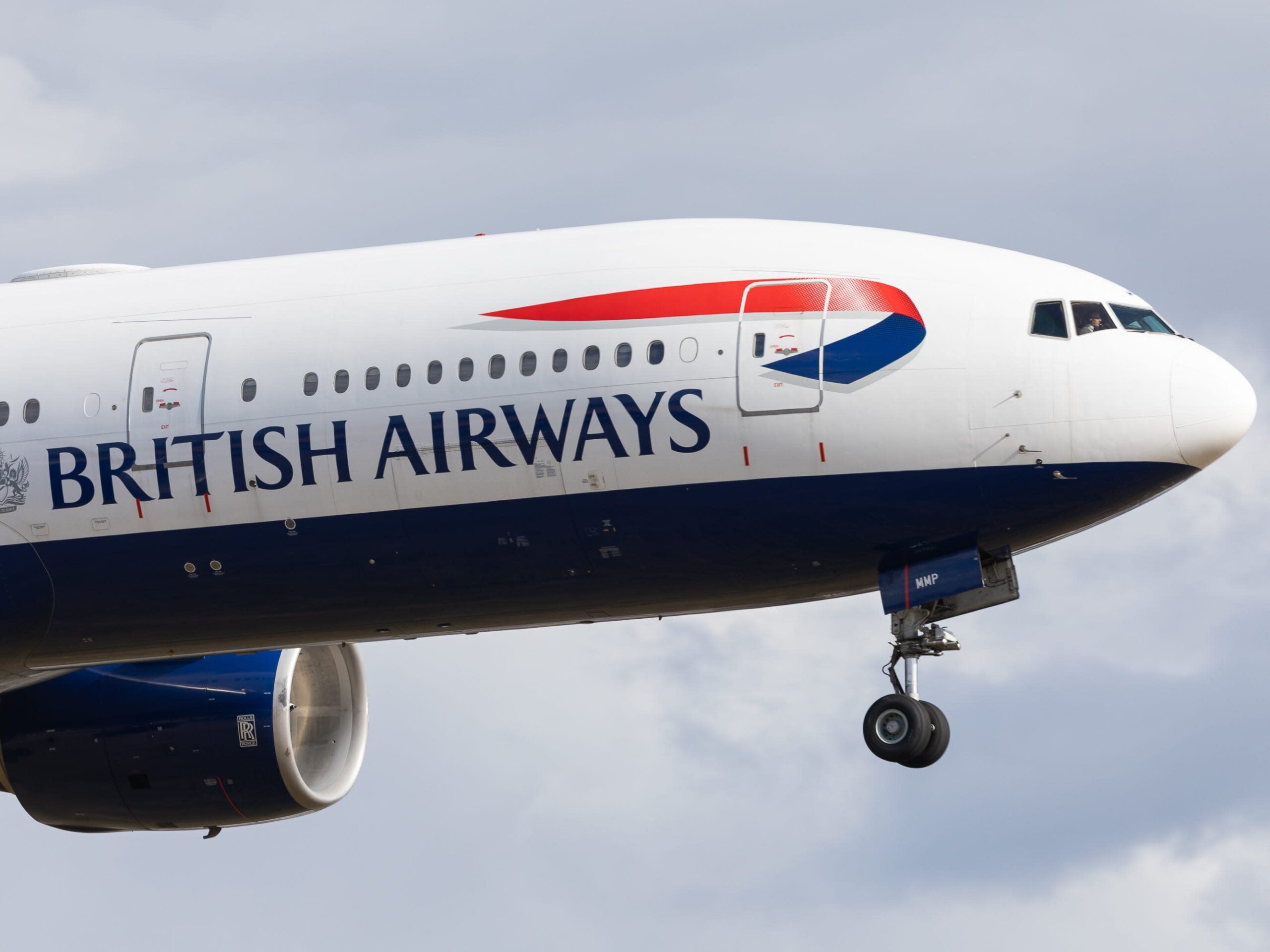Flying to Europe this year might sound as absurd as opting for premium gasoline. With prices this high, is it really the right time to splurge?
“As a result of labor shortages and all these things going on, travel is more expensive than it’s been in a while,” says travel journalist Oneika Raymond. “Flights are really expensive. Accommodation is really expensive. And revenge travel is a thing.”
Although travel prices continue to soar overall due to constrained supply and mounting demand, pockets of affordability remain.
Europe represents one of these pockets, where weakening currency exchange rates against the dollar and tepid demand have left prices relatively unscathed. In fact, flights within the U.S. have become so expensive this year that some international destinations, including many in Europe, offer a relative bargain.
“If you are willing to pay to fly domestically, check out international destinations,” suggests Hayley Berg, lead economist at Hopper, a travel booking app. “Because there is a good chance that there is a flight to somewhere else in the world for about the same price.”
Airfare Is Less Inflated In Europe
Domestic airfare was 30% higher at the end of May 2022 compared with May 2019, according to data from Hopper.
“Airfare this summer within the U.S. will cost $600 to $800,” says Berg. “At those prices you can get to Reykjavik, Iceland, or Dublin, Ireland.”
Indeed, flights from the U.S. to Europe were only up 13% at the end of May 2022 compared with the same period in 2019, according to Hopper. That trend squares with tourist demand, which remains below pre-pandemic levels: About 19% fewer U.S. travelers left for Europe in May 2022 compared with May 2019, before the pandemic, according to data from the International Trade Administration.
Put simply, prices and demand for flights to Europe are increasing, but not as quickly as they are elsewhere.
“Given how high domestic airfare is, you can get more bang for your buck with longer-haul destinations,” explains Berg.
The Dollar Is Strong
Although 2022 may go down as a bear market for everything from stocks to cryptocurrency, the U.S. dollar has gained ground on many foreign currencies. The dollar was 15% stronger against the euro in May 2022 compared with May 2021, according to data from the Federal Reserve.
“Today what we’re seeing is that a dollar can buy more euros than it has been able to essentially since the euro launched,” says Berg.
This means that anything purchased while traveling in countries that use the euro will be at a 15% discount, if currency exchange rates remain stable. U.S. travelers will enjoy this benefit on everything from food and lodging to events and transportation.
Of course, global inflationary pressures continue to drive up prices everywhere, including Europe. Annual consumer prices in Germany were up 7.9% in May, according to the Financial Times, just shy of the 8.6% increase in the U.S. Yet, while prices may remain elevated nearly everywhere, the relative strength of the dollar can help soften the blow.
Public Transportation Can Help You Save
Inflation has hit no aspect of travel more directly and dramatically than the cost of renting and operating a vehicle. Rental cars prices were up a budget-busting 69% in May 2022 compared with May 2019, according to U.S. Bureau of Labor Statistics data. And everybody knows how high gasoline prices have jumped.
These factors should make this the summer of public transportation for money-conscious travelers. Yet the U.S. offers few tourist destinations that can be explored by train.
Not so in Europe, where most popular cities offer safe, affordable and dependable transit. Cities such as Amsterdam, London and Copenhagen can be explored for only a few euros, which is equivalent to only a few U.S. dollars with favorable exchange rates.
Visiting national parks in the U.S. made sense in 2020 and 2021 for a host of reasons. But saving money in 2022 means skipping cars outright when possible.
Off The Beaten Path?
We are in strange times indeed when traveling to Europe represents an off-the-beaten-path, budget-friendly choice. Yet the facts speak for themselves. Airfare to Europe is rising less quickly than domestic tickets, and fewer travelers are visiting the continent. The dollar is strong, and the U.S. has dropped its testing requirement for arriving travelers, which made leaving the country a pain.
All this has combined to make Europe a good choice for travelers in an upside-down year. Riding the rails in Zurich could prove cheaper than renting a car in Cleveland.
Source: AP










